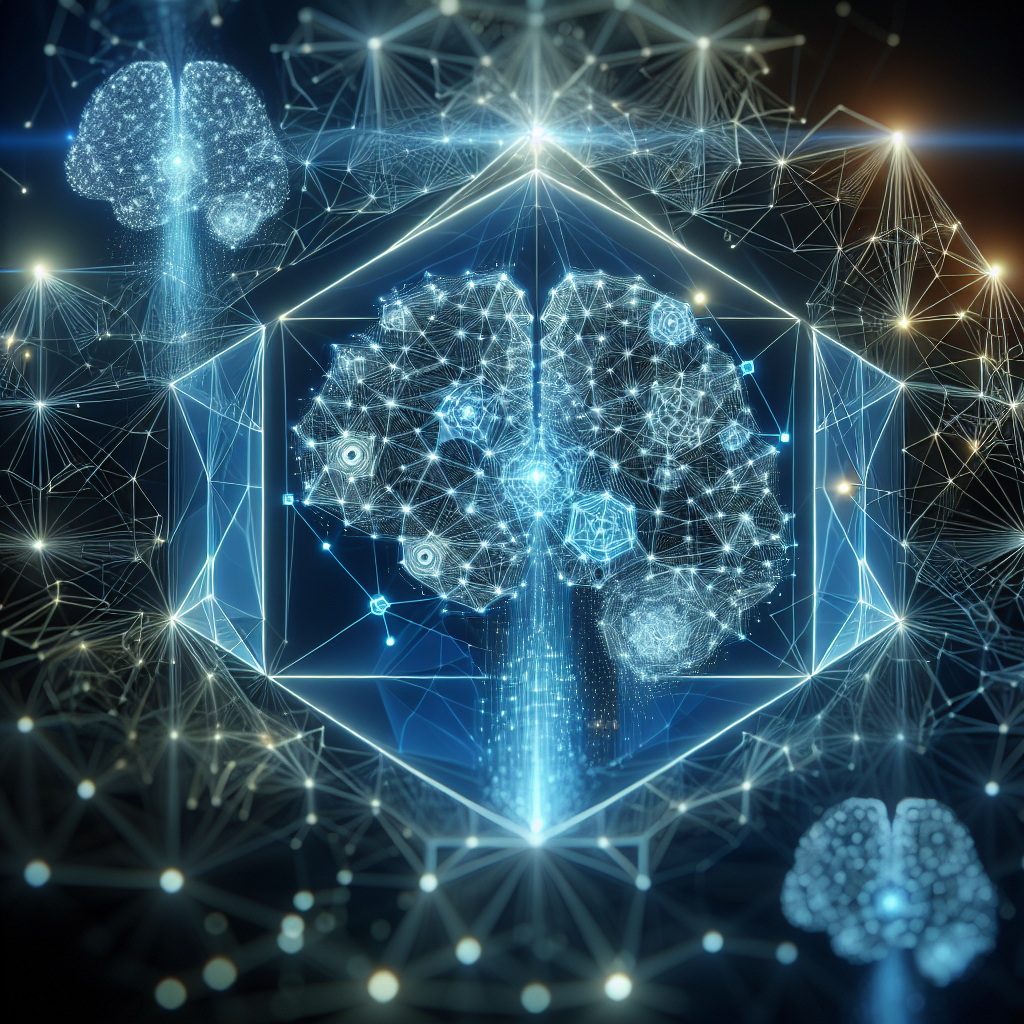Demystifying AGI: What You Need to Know About Artificial General Intelligence
Artificial General Intelligence (AGI) is a term that has been gaining more and more attention in recent years. With the rapid advancements in technology and the growing capabilities of artificial intelligence (AI), many people are curious about what AGI is and how it differs from other forms of AI. In this article, we will explore the concept of AGI, its potential applications, and the ethical implications that come with it.
What is AGI?
AGI refers to a type of artificial intelligence that is capable of performing any intellectual task that a human can. In other words, AGI is not limited to a specific task or set of tasks, but rather has the ability to learn and adapt to new situations and challenges. This level of intelligence is often compared to that of a human being, with the capacity to understand and reason about a wide range of topics.
How is AGI different from other forms of AI?
AGI is often distinguished from other forms of AI, such as narrow AI or weak AI, by its ability to generalize and apply its knowledge to a variety of tasks. While narrow AI systems are designed to perform specific tasks or solve particular problems, AGI has the potential to learn and improve its performance across a wide range of domains.
One of the key differences between AGI and other forms of AI is the level of autonomy and self-improvement that AGI possesses. AGI systems are designed to be self-learning and self-improving, meaning that they can adapt to new information and challenges without requiring human intervention.
Potential applications of AGI
The potential applications of AGI are vast and varied, with the ability to revolutionize a wide range of industries and fields. Some of the potential applications of AGI include:
– Healthcare: AGI could be used to analyze large amounts of medical data and assist doctors in diagnosing and treating patients more effectively.
– Education: AGI could be used to create personalized learning experiences for students, adapting to their individual needs and abilities.
– Finance: AGI could be used to analyze financial markets and make more accurate predictions about future trends.
– Manufacturing: AGI could be used to optimize production processes and improve efficiency in manufacturing plants.
Ethical implications of AGI
While the potential applications of AGI are exciting, there are also significant ethical implications that come with this technology. One of the main concerns surrounding AGI is the potential for job displacement, as more tasks are automated and performed by intelligent machines. This could lead to widespread unemployment and economic inequality if not properly managed.
Another ethical concern is the potential for AGI systems to make biased or discriminatory decisions, based on the data they are trained on. If AGI systems are not carefully designed and monitored, they could perpetuate existing biases and inequalities in society.
FAQs:
Q: How close are we to achieving AGI?
A: While significant progress has been made in the field of artificial intelligence, achieving true AGI is still a long way off. Researchers are constantly working on developing more advanced algorithms and technologies to bring us closer to AGI, but there are still many challenges to overcome.
Q: What are some of the main challenges in developing AGI?
A: Some of the main challenges in developing AGI include understanding how the human brain works, creating algorithms that can generalize across a wide range of tasks, and ensuring that AGI systems are safe and ethically sound.
Q: Should we be worried about the potential dangers of AGI?
A: While it is important to consider the ethical implications of AGI, it is also important to remember that this technology has the potential to bring about many positive changes in society. By carefully monitoring and regulating the development of AGI, we can ensure that it is used for the benefit of humanity.
In conclusion, AGI is a powerful and potentially transformative technology that has the potential to revolutionize many aspects of our lives. By understanding the capabilities and limitations of AGI, we can work towards harnessing its potential for the greater good. However, it is essential to consider the ethical implications of AGI and ensure that it is developed in a responsible and ethical manner.

